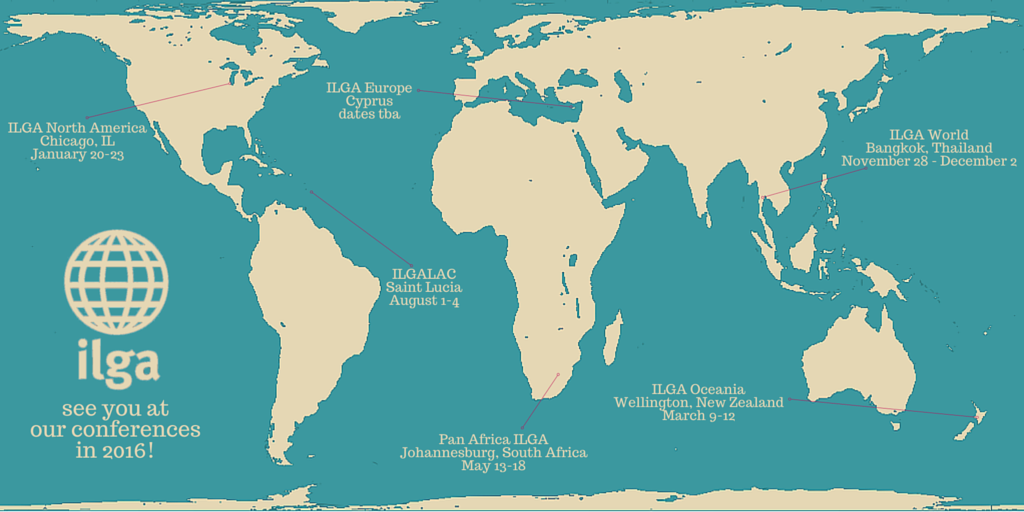
Kathmandu (Pahichan) May 11 – ILGA Board and Staff, ILGA World Trans* Secretariat has said that it strongly believes that gender diversity is not- and should never be- a pathology.
“We also say that no pre-pubertal child should ever be given a diagnosis because of their gender identity or gender expression. Indeed, any such diagnosis of children has no medical utility,” it said in a statement.
The statement further reads, “We maintain that children are ever-changing and developing individuals, who explore themselves, their personalities and their potential as they grow.”
This includes their sense of, and expression of, their gender, eventually leading to their identity formation. Children develop best when they are encouraged to grow and explore in loving, supportive environments – not stigmatised or medicalised.
Instead of maintaining a pathologising route, we highly recommend that age-appropriate gender-affirmative counselling, balanced information and support for children, their families and other significant people in a child’s life should be made available. Schools, as well as the media, play crucial roles in leading on this, and should be supported in their work.
“We strongly support the proposal to remove the diagnoses of Transsexualism and Gender Identity Disorder of Childhood from Chapter 5 of the current version of the International Classification of Diseases (ICD-10) and any further versions, because gender diversity is not a mental illness. We also call on the World Health Organisation to refrain from replacing Gender Identity Disorder of Childhood with any new pathologising diagnosis, including Gender Incongruenc, of Childhood,” it stated.
ILGA
The following statement has been made in consultation with the Blue Diamond Society. We welcome the progress made by Nepal on its democratic reform that led to the inclusion in the constitution of the right to equality in article 18, including specific protection for sexual and gender minorities.
Nepal has taken important steps towards the realization of the human rights of sexual and gender minorities. In 2013, Nepal´s Supreme Court found in the Rajani Shahi case that two adult persons are free to live together as couple if they so wish. For the first time in the history of South Asia, our country is on the cusp of achieving marriage equality. The same sex marriage committee formed by the Government has already submitted a progressive report to Nepal’s government. However, we the sexual and gender minority community of Nepal, question the government’s delay in carrying-out the committee’s recommendations. Granting this right would result in the ultimate recognition of human rights of sexual and gender minorities.
Mr. President,
Despite of all these advances in recent years, sexual and gender minorities still face marginalization in our laws. For example the terms “wife” and “husband” are used throughout the Muluki Ain (General code of Nepal) as well as in a number of legislative instruments enumerating civil rights. This reference to ‘wife’ or ‘husband’ rather than a gender neutral term such as ‘spouse’ or `person` means that many sexual and gender minorities are excluded from legal protections.
Mr. President,
Despite many advances, sexual and gender minorities still face violence in their daily lives. We call on the Nepalese government to commit itself to performing proper investigations into acts of violence against individuals based on their sexual orientation and gender identity and expression and to implementing the constitutional provisions for sexual and gender minorities. Finally, we urge the government to monitor and evaluate the implementation of the recommendations made by Spain, Sweden, Brazil and Israel on sexual orientation and gender identity issues, which we stand ready to work with the government to implement.
RESPONSE OF THE DELEGATION OF NEPAL
28. With regard to the recommendations in 123.30, the Supreme Court had issued directive order to study and take necessary action regarding same sex marriage. A task force formed by the GoN in order to study the provision of same sex marriage in other jurisdictions and the context of Nepal has submitted its study report which is under consideration at the relevant line agency. The legal identity of LGBTI persons has been recognized and protected by national legislations. They are entitled to get citizenship certificate and passport based on their identity as per the provision of Citizenship Rules, 2008 and Passport Rules, 2015 respectively. The GoN will take further necessary measures for the protection of rights of LGBTI persons in due course of time.
Copyright © All right reserved to pahichan.com Site By: Sobij.